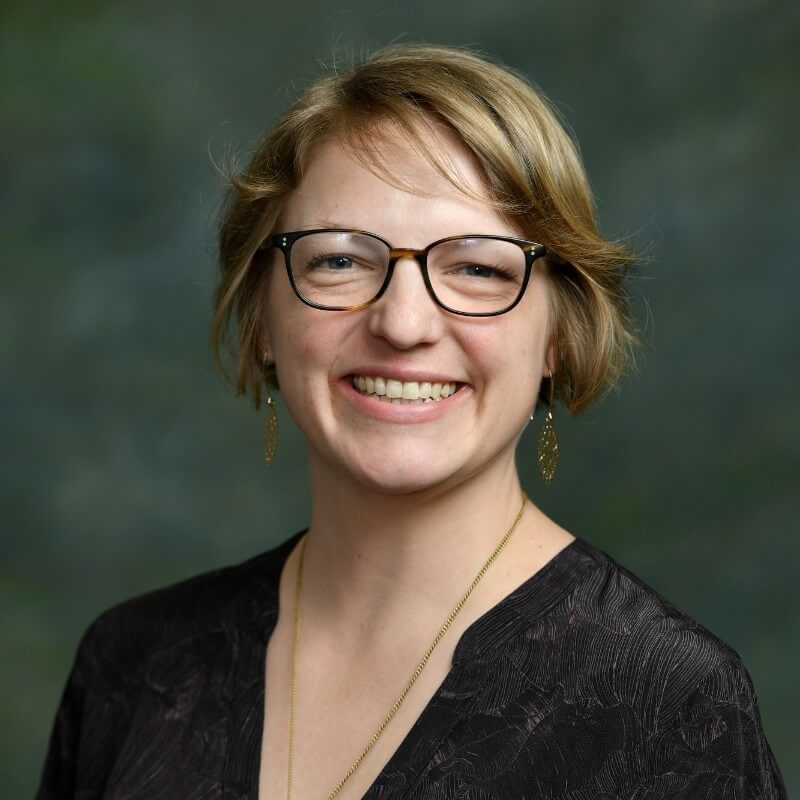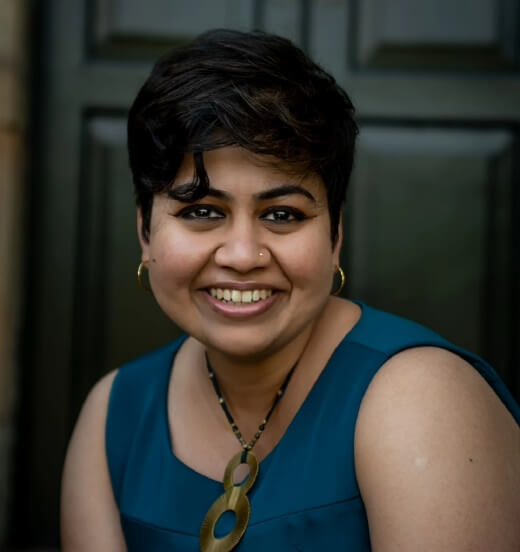
Topics
- Consumer Protection
- Digital Financial Services
- Financial Capability
- Financial Health
- Personal Financial Management
- Resilience
- Responsible Product Design and Delivery
- Tech-Touch Balance
- Women
Series
A household budget, saving for a business investment, or managing an unforeseen emergency can cause stress in the most adept household, let alone those experiencing the vulnerability and volatility of poverty. Learning to navigate financial systems and products is a long-term endeavor.
Building financial capability — that is, the knowledge, skills, attitudes, and behaviors needed to make sound financial decisions to support well-being — can take time and creativity. The ultimate goal is to equip all people with the skills to navigate financial services safely and effectively and allow them to accrue their benefits. For poor and rural communities, this can mean increasing resiliency and reducing exposure to economic shocks, improving income growth and investment, and promoting more sustainable and equitable development. And for women, in particular, the accrued benefits can mean navigating financial choices with confidence, seeing themselves — and being seen — as financial clients, and accessing and using technology with ease.
While overall progress has been made in advancing financial inclusion, progress for women continues to lag. Globally, male ownership is likely to be higher than female ownership of accounts, with a gap of nearly 7 percent, which has persisted despite the overall rise in account ownership. The gender gap is much worse in some countries, where social norms govern financial access and decision-making. For instance, in Pakistan, while account ownership doubled since 2011, most of the growth was driven by accounts owned by men. Similarly, in Ethiopia, account ownership by men increased by roughly twice the size of the increase among women since 2014.
We must invest in building women’s financial capability to close this gap and make meaningful progress in women’s access to and usage of financial services. Doing so will require a deeper understanding of the economic and social constraints women face in accessing financial services. Yet existing tools for building financial capability have a mixed track record and there is scarce evidence on which approaches and delivery channels are likely to produce lasting impact.
This publication examines how best to share information, build capability, and enable lasting behavior change in a context in which women may have limited say in their own economic choices or require additional support or flexibility to overcome trust and care responsibilities. We examine the characteristics and success of existing approaches to building women’s financial capability and find a gap in programming that sufficiently accounts for women’s preferences, which are largely influenced by gendered social norms.
Readers of this report will come away with:
- A stronger understanding of the role of gender norms that constrain women’s financial capability
- An overview of current women’s financial capability initiatives, including classroom-based initiatives, technology-led financial education, and high-touch financial capability approaches
- Recommendations on how to ensure women are meaningfully and successfully engaged with financial services.











